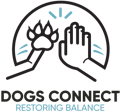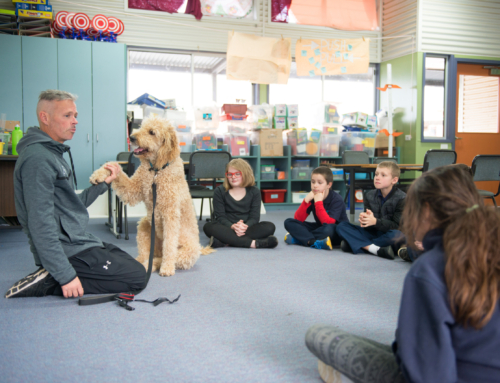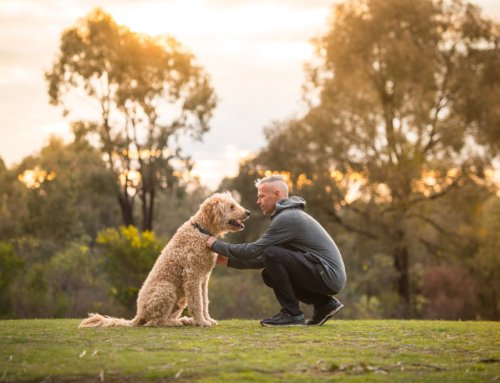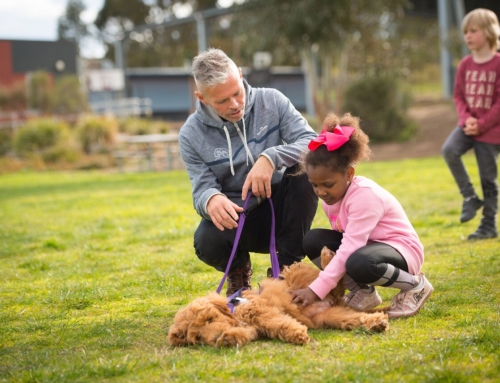Why We Focus on Educating People, Not Just Training Dogs
A Dogs Connect Perspective on Ethical Practice and Long-Term Impact
At Dogs Connect, we're often asked why we don't offer therapy dogs or run obedience training programs. The answer is simple — and it goes to the very heart of our model:
Because wellbeing dog programs should never be about what a dog can do for us. They should be about how we build relationships — with dogs and with each other.
And to do that well, we have to start with the humans.
The Core of Our Model: Human Education First
The traditional "train the dog" approach places the responsibility on the dog to fit into complex human environments — like schools, aged care homes, or justice settings. It focuses on behaviour, compliance, and control.
At Dogs Connect, we take a different path.
We believe that sustainable, ethical, and impactful programs begin by educating people — the staff, caregivers, leaders, and community members — to understand dogs as sentient, emotionally responsive beings with their own needs, preferences, and boundaries.
What the Research Says
In a recent peer-reviewed paper, Jones & Shannon (2023) wrote:
"If we are to prioritise both animal and human welfare in Animal-Assisted Interventions(AAIs), we must invest in intentional, ongoing education for the humans involved — not just training for the animal."
This is a core value at Dogs Connect.
When humans understand things like canine communication, body language, consent, overstimulation, rest cycles, and emotional mirroring, they are far better equipped to build healthy, mutual relationships — the kind that make real change possible.
Why This Matters in Real-Life Settings
Let's be honest: schools and service environments are busy, unpredictable, and emotionally intense.
No amount of dog training can fully prepare an animal for the shifting sounds, smells, stressors and energies in these places — but a well-prepared community can.
When people are educated and supported, they can:
- Recognise when a dog is stressed or needs space
- Co-regulate during moments of heightened emotion
- Create environments of safety and predictability
- Model empathy and compassion for young people or vulnerable adults
- Integrate the presence of a dog into daily life without over-reliance
This is how we protect the wellbeing of the dog, and create lasting emotional impact for humans.
Relationship Over Routine
We don't believe in teaching dogs to perform tricks under pressure.
We believe in building relationships where dogs can thrive — and where humans are accountable for making that possible.
This approach takes time. It takes care. It takes a cultural shift.
But it's the only way we can truly honour the presence of a dog in a human-centred environment.
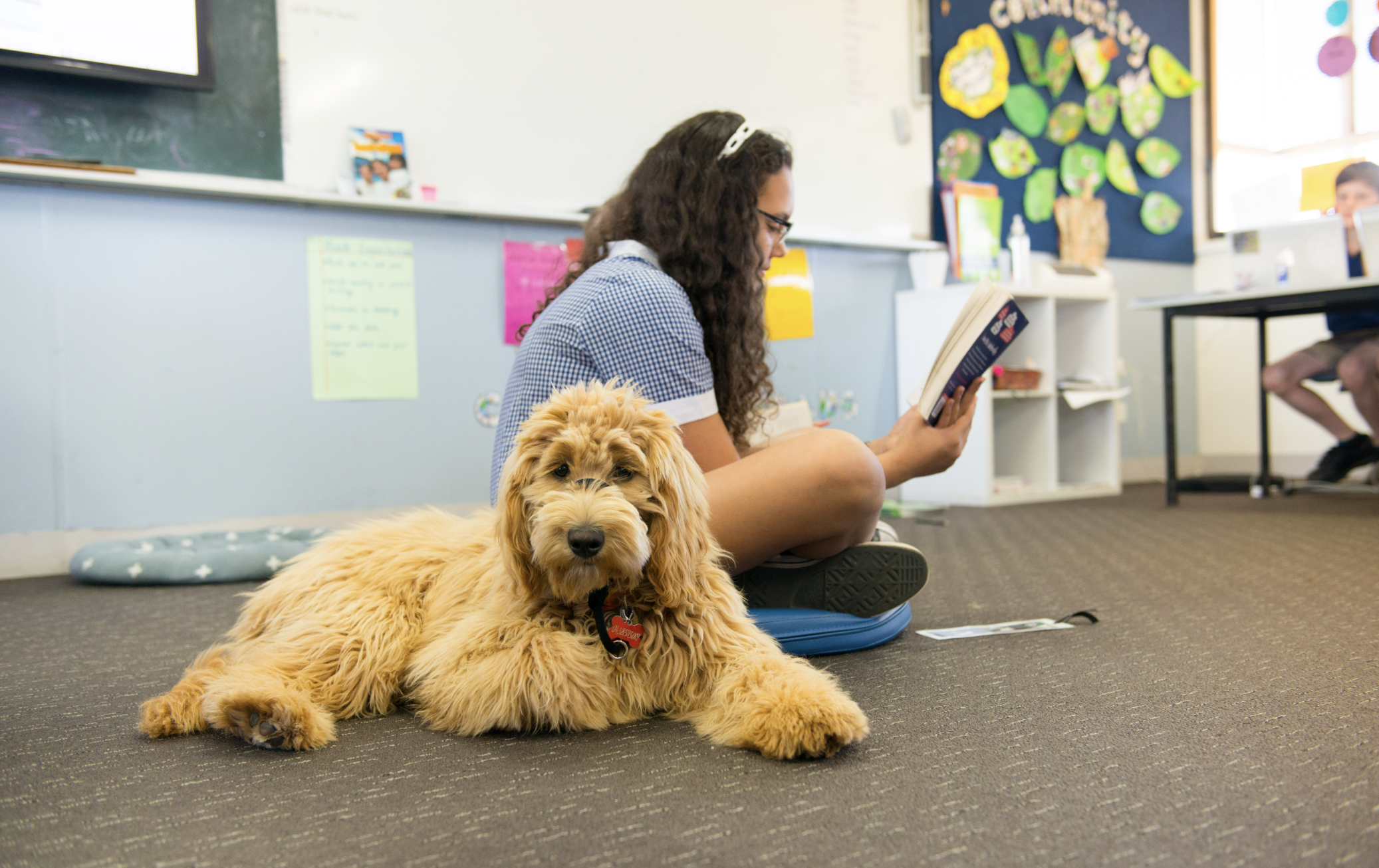
The Dogs Connect Mentorship
Our mentorship program exists to walk people through this learning journey. It's structured, evidence-informed, and rooted in a trauma-aware understanding of human and canine behaviour.
Participants learn to:
- Understand dog signals and needs
- Establish consent-based, choice-led interactions
- Co-create boundaries and rituals with the dog
- Recognise when their own emotional state may impact the animal
- Embed social and emotional learning for the whole community
This human-first learning is the foundation for any wellbeing dog program that lasts.
The Ethical Responsibility
Dogs are not tools for our wellbeing.
They are companions, learners, communicators, and community members in their own right.
By focusing on human education — instead of dog performance — we create programs that are:
- Safer
- More ethical
- More sustainable
- And more impactful for everyone involved
In Summary
At Dogs Connect, we're not interested in "quick fixes" or clever tricks.
We're here to support schools and services to build deep, respectful relationships with dogs — grounded in learning, care, and consent.
That starts by educating the people, not over-training the dog.
And that's why our model works.
